It’s natural to feel down occasionally but depression should not be taken lightly. Mild Depression can affect people in many ways, but it usually begins with a feeling of sadness that doesn’t go away.
Nowadays, the word “depression” is widely used. It’s important to understand that depression is more complicated than the popular media portrays. One thing to note is that all depressions aren’t the same. The types of depression differ, and each has its own effects on your life.
A person suffering from depression may be diagnosed as:
- Mild
- Moderate
- Severe, also known as “Major”
There are many factors that contribute to the classification. These include what you experience and how frequently it occurs, as well as the severity. A temporary spike in the severity of symptoms can also occur with certain types of depression.
The following article explains how depression is classified and how it might be treated.
Read: What is Perinatal Depression?
How does mild depression feel?
The symptoms of mild depression extend beyond feeling down temporarily. A severe case of your symptoms can last for days, and you may be unable to engage in your daily activities.
Symptoms of mild depression include:
- Irritability or anger
- Hopelessness
- Guilt and despair
- Self-loathing
- You are no longer interested in activities you once loved.
- Concentration problems
- Having no motivation
- Suddenly uninterested in socializing
- Unknown causes of pains and aches
- Daytime fatigue and sleepiness
- Insomnia
- Appetite changes
- Weight changes
- Drug and alcohol abuse, gambling, and other reckless behavior
It is most likely that you will be diagnosed with persistent depressive disorder if your symptoms persist during the day four out of seven days. Dysthymia is another name for this disorder.
Depression of this kind is observable, but difficult to diagnose. Many people ignore their symptoms and don’t discuss them with their doctors.
Even though mild depression can be difficult to diagnose, it is relatively easy to treat. Serotonin production in the brain can be boosted by certain lifestyle changes, which can help fight depression symptoms.
A lifestyle change that is helpful to your health includes:
- Exercise daily
- Sleep schedules
- Eating fruits and vegetables in a balanced diet
- Meditation or yoga
- Reading, journaling and listening to music can all reduce stress
Various alternative remedies can treat mild depression, including St. John’s Wort and melatonin supplements. Some supplements can conflict with medications. If you are considering taking a supplement for depression, discuss it with your doctor.
In some cases, selective serotonin reuptake inhibitors (SSRIs) may be prescribed for depression. However, these medications are usually most effective for people with a more severe form of depression. Psychotherapy and lifestyle change tend to be more effective than medication for treating recurrent depression.
Mild depression may not require medical treatment, but it will not necessarily go away by itself. If mild depression is left untreated it can become more severe.
Read: Economic Depression
How does moderate depression feel?
The symptoms of moderate depression are more severe than mild depression. There are many similarities between mild and moderate depression. Symptoms of moderate depression may include:
- Self-esteem issues
- Reduced productivity
- Feelings of worthlessness
- Increased sensitivities
- Excessive worrying
Most moderate depressions are characterized by symptoms severe enough to affect daily life and livelihood. You will likely have difficulty with your social life as well.
The symptoms of moderate depression are more noticeable than those of mild depression because they significantly affect daily life. It is important to discuss your symptoms with your doctor to get a proper diagnosis.
SSRIs, such as sertraline (Zoloft) or paroxetine (Paxil), may be prescribed. These medications can take up to six weeks to take full effect. Cognitive-behavioral therapy (CBT) is also used in some cases of moderate depression.
Read: Biology of Depression
How does severe (major) depression feel?
Major depression occurs when mild depression and anxiety symptoms are combined into a more severe condition that is noticeable even to those closest to you.
In major depression, episodes usually last from six months to a year. Some people may experience severe depression for a short time and then recover, but for some, it can recur.
A Depression diagnosis may even be time-sensitive in severe cases, but it is particularly critical in severe cases.
Symptoms of major depression include:
- Delusions
- Feelings of stupor
- Hallucinations
- Suicidal thoughts or behaviors
A serious depression requires immediate medical help. SSRIs and talk therapy are likely to be recommended by your doctor.
You should seek immediate medical attention if you experience suicidal thoughts or behaviors. Call 911 or the National Suicide Prevention Lifeline at 800-273-8255 immediately.
Also, read: How to Overcome Depression
Verdict
Depression can be effectively treated when you seek your doctor’s advice for a diagnosis. They will assist with identifying the best treatment options for you. A variety of treatments are available, including antidepressants (SSRI), herbal medicines, cognitive behavioral therapy and lifestyle adjustments.
A mild to moderate depression should be discussed with your doctor, as you may not recognize the symptoms. Reaching out to your doctor is the first step to feeling better, even if it takes time for treatment to take effect.
Call your local emergency services or a crisis hotline if you’re struggling with suicidal thoughts or acts of self-harm. For suicide prevention, you can call the National Suicide Prevention Lifeline at 800-273-8255.
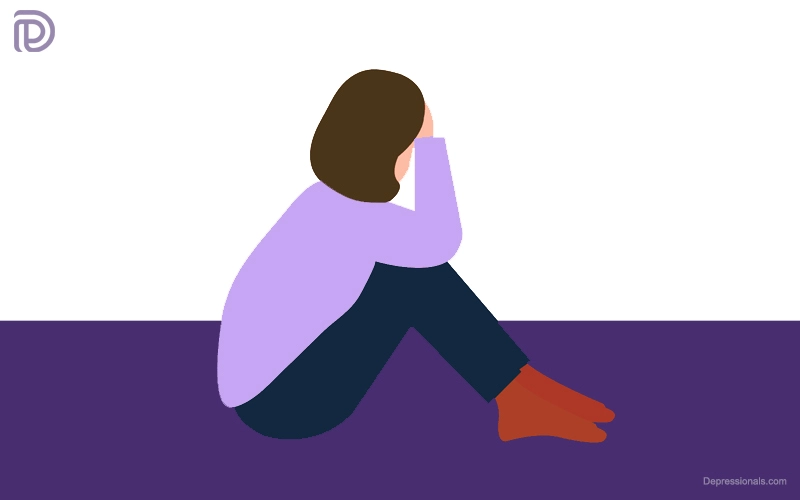
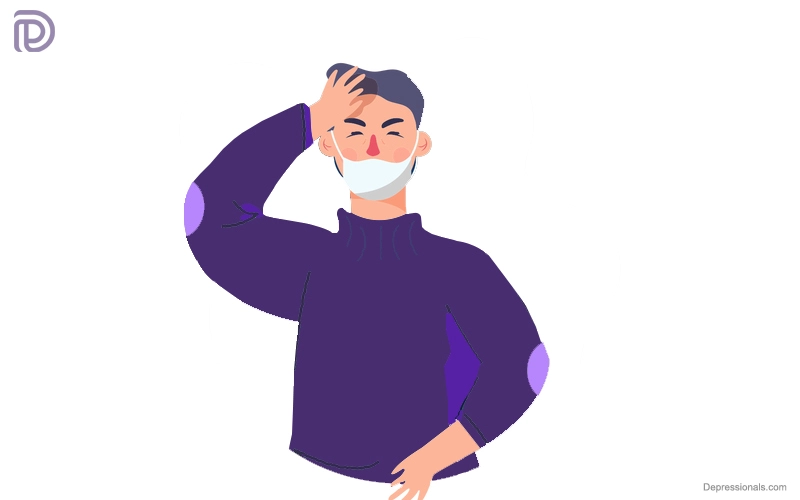
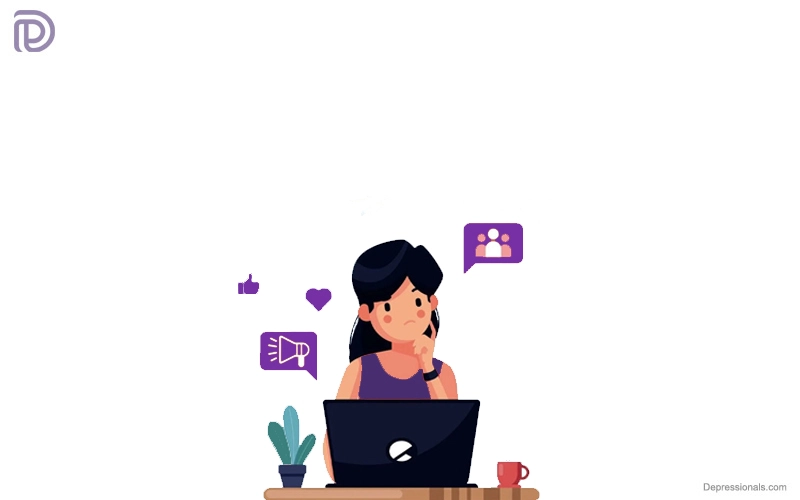
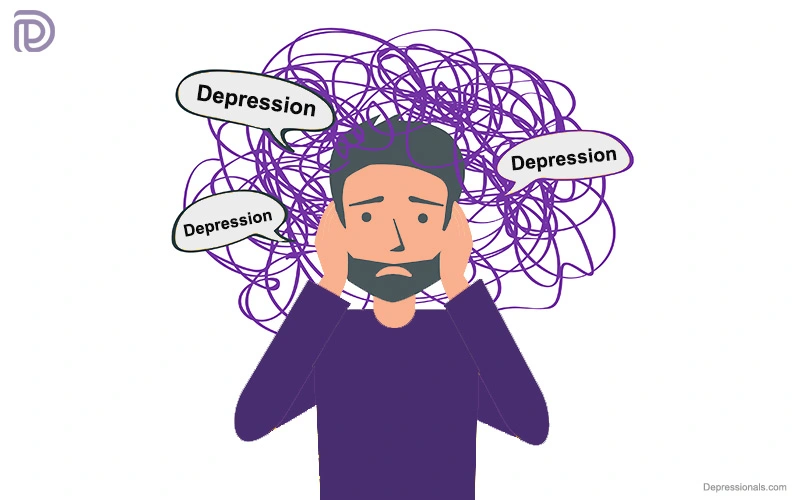
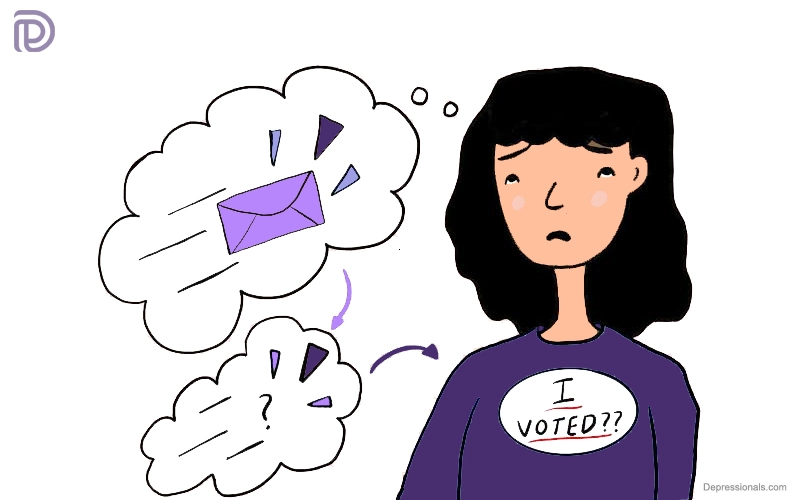

I’ve recently started a website, the info you offer on this site has helped me tremendously. Thank you for all of your time & work.